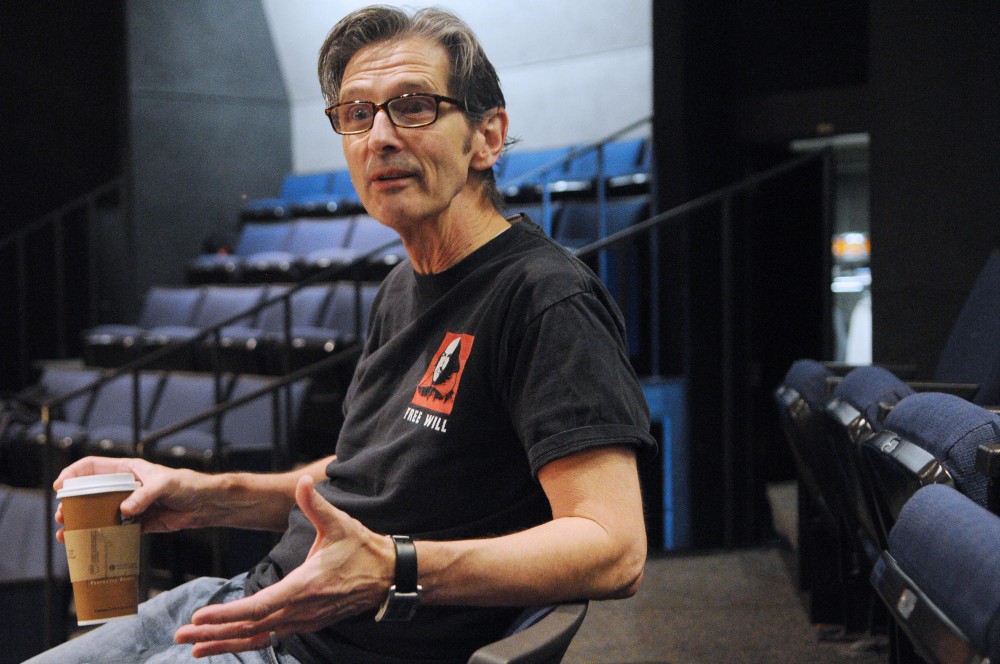What: The Crucible
When: Oct. 27-30
7:30 p.m., today
7:30 p.m., tomorrow
2:00 p.m. and 7:30 p.m., Saturday
2:00 p.m., Sunday
Where: Kilburn Arena Theater, Rarig Center
Cost: Free
High school kids across the country read âÄúThe CrucibleâÄù each year, often bored to death from teachersâÄô one-way interpretations or their classmatesâÄô unenthusiastic readings.
Arthur MillerâÄôs 1952 play about the Salem witch trials generally finds its way into classrooms with a history lesson about the 1600s or the Cold WarâÄôs impact on the United States.
But conventional readings and performances can often leave MillerâÄôs examination on deceit and fear largely inert. Bruce Roach, director of the University of Minnesota BFA Sophomore CompanyâÄôs production of âÄúThe Crucible,âÄù seeks to dispel the publicâÄôs perception of the play.
âÄúWe think of bonnets and bad acting when we think of âÄòThe Crucible,âÄôâÄù Roach said.
With the immediacy of the Kilburn Arena in the Rarig Center, actors directly confront audiences with sparse staging and an intimate, 360-degree view. MillerâÄôs urgent tale lends to the ArenaâÄôs environment, evoking more pathos than ennui.
Modern clothing combined with MillerâÄôs text creates a non-period specific performance, devoid of the distance bonnets might generate.
âÄúItâÄôs more of the world that weâÄôve created which is closer to the 1600s, but itâÄôs still got a modern twist,âÄù sophomore theatre major Ryan Colbert said.
As John Proctor and Abigail Williams, Colbert and Chloe Armao discover the playâÄôs relevancy with each performance, amid the dense language. While Miller dramatized the events at Salem, he researched the time periodâÄôs language, a hybrid of European and New England-Puritan forms of speech.
âÄúThe actual language that they used is almost heightened at times with lots of images,âÄù sophomore theater major Armao said.
Those images first led âÄúThe CrucibleâÄù to comparisons to the United States governmentâÄôs blacklisting of communists in the 1950s.
âÄúWhen thereâÄôs an image or an unknown factor thatâÄôs portrayed as the enemy or evil, itâÄôs easy to just shut down and cling to whoever is giving them answers,âÄù Colbert said.
Labeling the dramaâÄôs initial relevancy fails to display the importance âÄúThe CrucibleâÄù still holds.
âÄúI think this play really shines light on blind fear,âÄù Colbert said.
In lieu of the recent panic of terrorism, MillerâÄôs tragedy evokes imagery highlighting the destructive nature of fearâÄôs power. Ongoing efforts to quell terrorist activity inevitably leads to a culture of fear and, ironically, less freedom.
Events like the witch hunts of Salem, the House Un-American Activities Committee and the PATRIOT Act prompt re-examination of MillerâÄôs eerie classic.
âÄúYou could almost equate âÄòwitchâÄô to âÄòterroristâÄô today,âÄù Colbert said.














